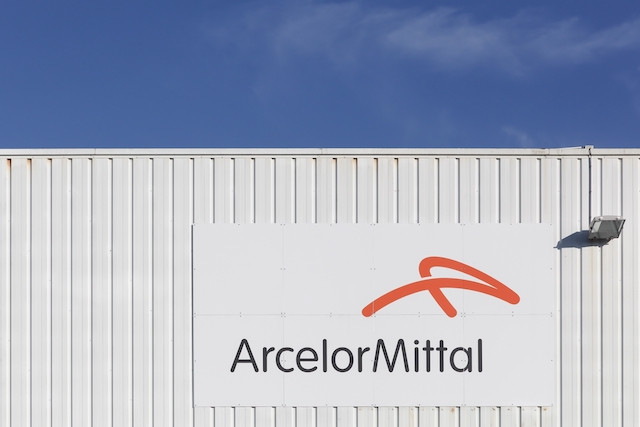Moody’s Investors Service forecast that “Western European light vehicle sales will decline 2% in 2019 and 3% in 2020,” which will weaken demand for higher value-added steel.
The report, “Persistent demand weakness and narrow steel spreads keep outlook negative”, issued on 1 October, stated:
“Our outlook for the European steel sector for the next 12-18 months is negative. We forecast EU apparent steel consumption, measured as production plus imports minus exports, will contract by around 2% in the next 12-18 months.”
“The automotive industry is a particularly important customer for Europe’s higher value-added flat steel producers,” wrote Goetz Grossmann and Christian Hendker, the Moody’s analysts.
According to the Moody’s report, ArcelorMittal, Thyssenkrupp and Tata Steel’s European operations:
“… will face sustained headwinds in the next 12-18 months, with lacklustre auto sector demand constraining steel shipments, orders and top line growth. If US authorities decided to impose tariffs on automotive imports from the EU this would further harm the European automotive supply chain and steel demand as a result.
“Although demand in the European construction industry remains healthy, we expect this to soften in 2020 as confidence deteriorates”.
ArcelorMittal declined to comment on the report when contacted by Delano on Thursday.
In June, an ArcelorMittal spokesman pointed to several “external factors”, such as rising costs and lower steel prices, “which mean we have lost our competitivity.” He was speaking after the steelmaker announced a transformation project in Luxembourg.
The company employs more 3,800 staff in the grand duchy, according to recent official figures.
In its financial statement on 1 August, ArcelorMittal said it “expects global steel demand in 2019 to grow” by between 0.5% and 1.5%, including a contraction in Europe by between -2% and -1%.
ArcelorMittal reported gross debt of $13.8bn as of 30 June 2019, compared to $13.4bn on 31 March 2019. Net debt dropped from $11.2bn to $10.2bn over the same timeframe.
Moody’s kept ArcelorMittal’s credit ratings as BAA3 (the 10th highest mark on its 21 rating scale, and the lowest “investment grade” score) with no immediate plans for a downgrade “over the medium term”. If Moody’s did lower the score in the future, that would likely increase ArcelorMittal’s cost of borrowing in the capital markets.
